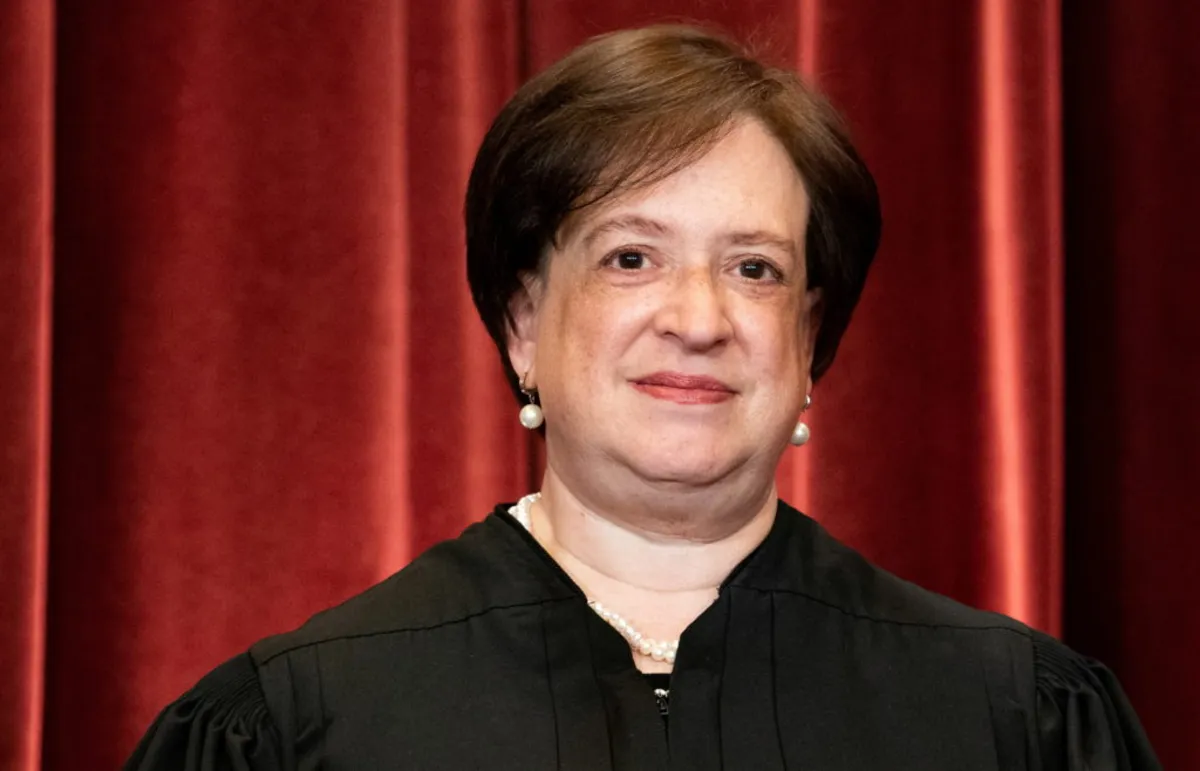
On Thursday, Supreme Court Justice Elena Kagan expressed significant skepticism regarding the U.S. government's approach to a contentious case concerning birthright citizenship. During a session with the U.S. solicitor general, D. John Sauer, Kagan candidly stated, “if I were in your shoes, there’s no way I’d approach the Supreme Court with this case.” This remark underscores the ongoing challenges the government faces in its legal battle surrounding President Trump's executive order on birthright citizenship.
The case in question arises from an executive order signed by President Trump shortly after his inauguration on January 20. The order aims to terminate birthright citizenship for individuals born in the United States to parents who are undocumented. In the hearing, Kagan questioned the government’s strategy, emphasizing that the focus has solely been on the procedural issue of nationwide injunctions rather than addressing the substantive constitutional questions surrounding the executive order.
Kagan challenged Sauer’s argument by highlighting the implications of not presenting the core constitutional questions related to the executive order. She noted, “Let’s assume that you lose in the lower courts pretty uniformly, as you have been losing on this issue, and that you never take this question to us.” Her comments point to a critical problem: without a formal ruling on the executive order's constitutionality, there remains a void that could leave many individuals without recourse.
The justice further elaborated on the real-world consequences of the government’s legal tactics. “You need somebody to lose, but nobody’s going to lose in this case,” Kagan remarked. She highlighted that while some individuals might prevail in lower courts, those who lack the financial means to pursue legal action would ultimately suffer. This observation underscores the potential inequities presented by the current legal landscape regarding birthright citizenship.
In defense, Sauer argued that the government has only received swift judgments on the merits of the case. However, Kagan countered that the situation is not merely hypothetical, stating, “This is happening out there, right? Every court has ruled against you.” Her insistence on the urgency of the matter reflects a broader concern about the implications of the executive order on vulnerable populations.
The discussion during this Supreme Court session illustrates the complex legal battles surrounding birthright citizenship and the challenges the Trump administration faces in defending its executive order. As the case progresses, the implications for individuals affected by these policies continue to be of paramount importance.